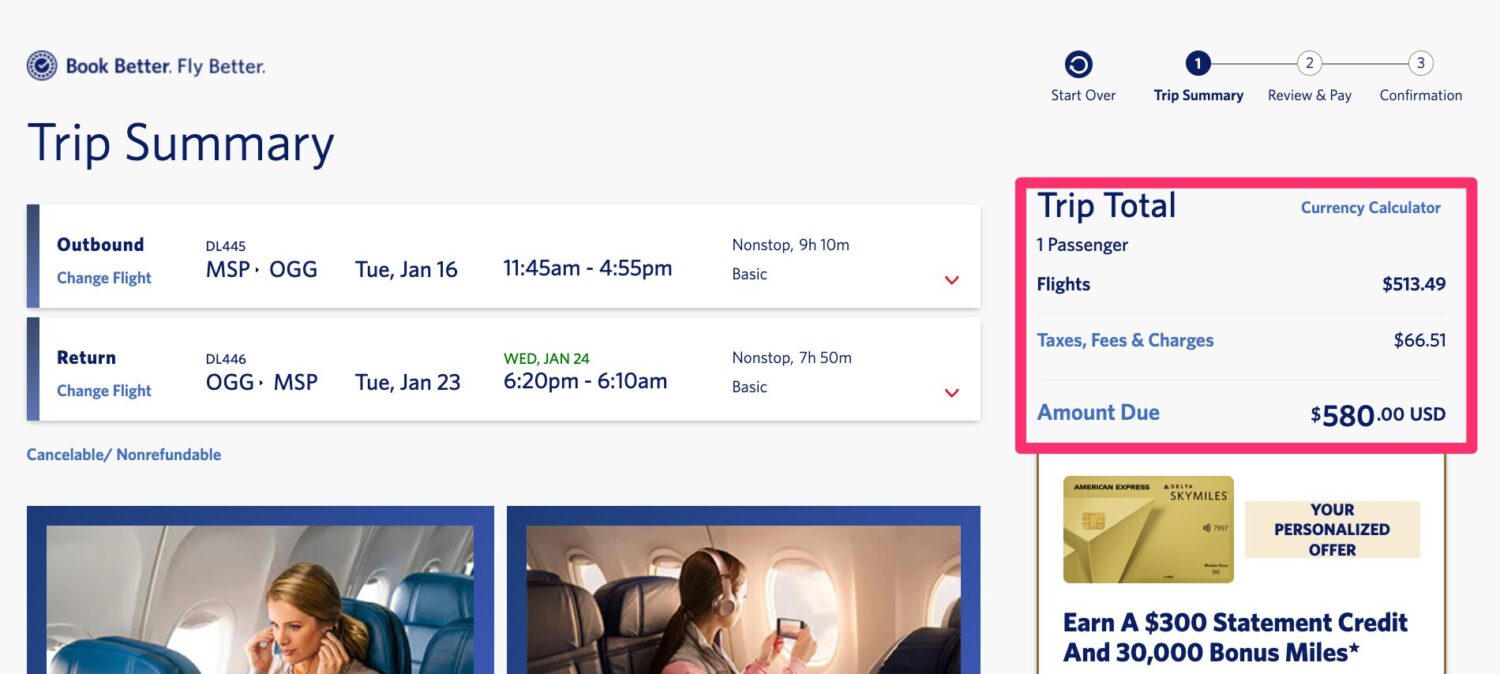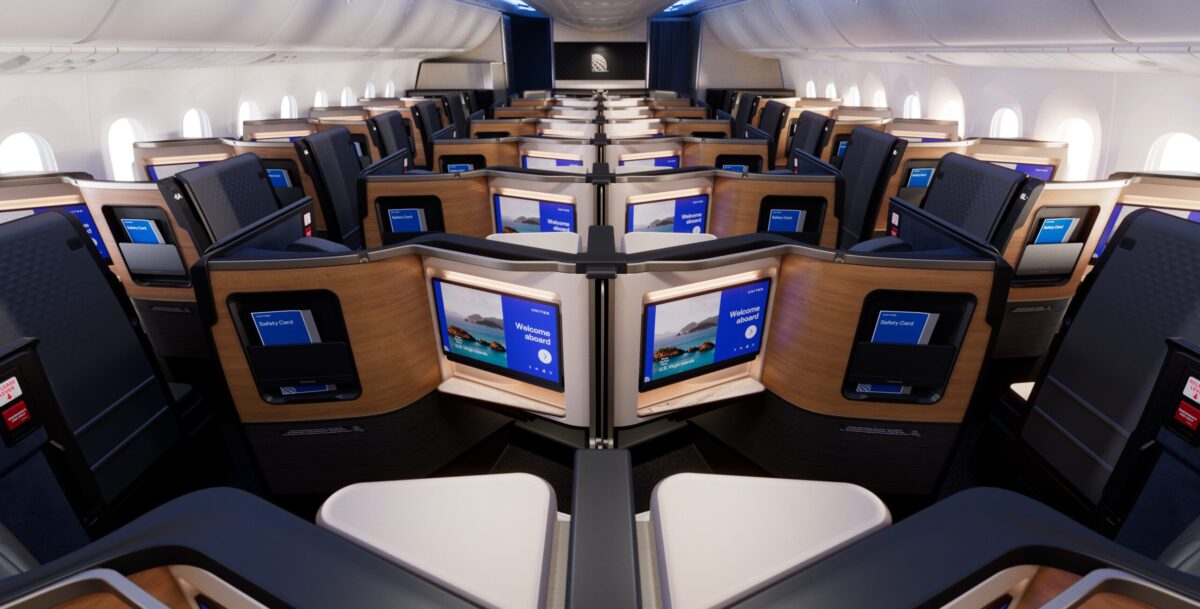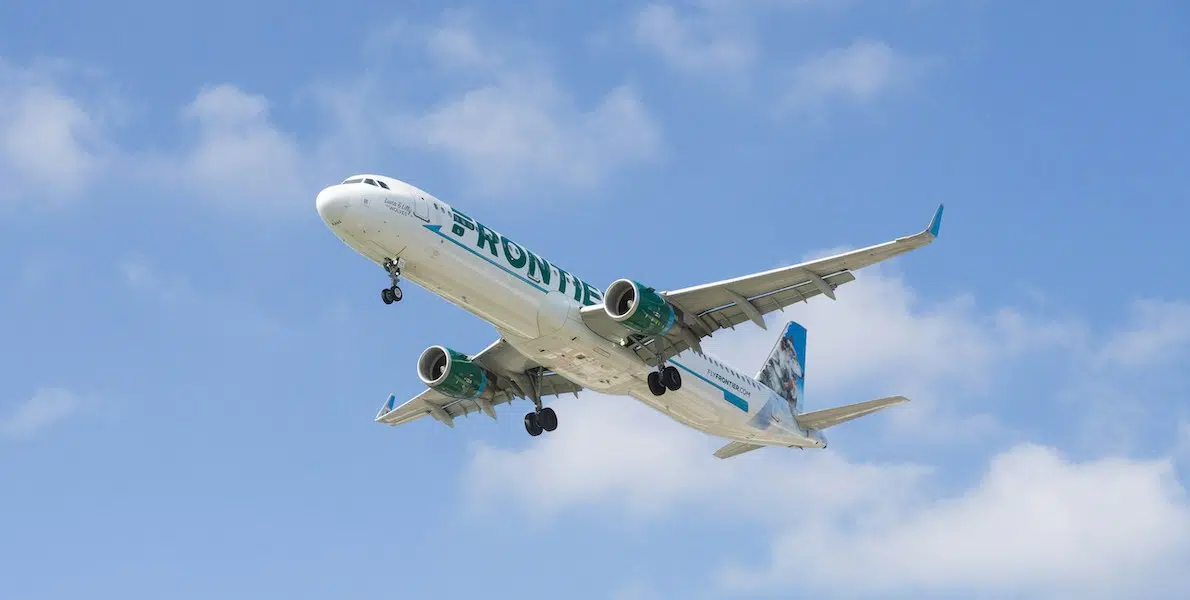Nothing angers flyers quite like airline devaluations, waking up to realize your miles are suddenly worth less. From Delta to United and major foreign carriers, no-notice award rate increases have become all too common lately – and it appears lawmakers have had enough of them, too.
Lawmakers are proposing a federal requirements for airlines to notify customers of an impending devaluation, giving travelers a window to redeem miles for a trip before it will cost more to do so.
That's one of a slew of proposed changes in massive bills making their way through Congress to reauthorize the Federal Aviation Administration (FAA), along with other changes that would set clearer rules on airline refunds and ban airlines from charging seat fees for families trying to sit together. But not all of the proposed changes are good news for travelers.
The House Transportation Committee has put forth its own version of the FAA reauthorization bill, including a provision that would weaken an Obama-era rule that has required airlines to display the final airfare – including taxes and fees – when advertising flight prices. If adopted, that change would allow airlines to list a lower price initially … only for travelers to click through and see a final price tag that's $40 or more higher thanks to government taxes and fees.
While Congress is under pressure to fund the FAA for another five years before the Sept. 30 deadline, lawmakers often use these massive bills to push through other consumer protections or changes in airline operations by tucking them inside. Whether these provisions or countless others make it into law remains to be seen.
Airlines Would Have to Notify Flyers Before Devaluing Miles
A few weeks back, United quietly (and drastically) raised award rates – the number of miles you need to book a flight – across the board, whether you're flying economy to Europe or business class to Asia on a partner airline.
Under a new Senate bill, the airline would would have been required to give customers a 90-day notice before such a devaluation. That's just a small part of the Senate's massive FAA Reauthorization Act released earlier this week.
“An air carrier may not reduce or devalue the benefits, rewards, points, or other accrued value of an existing account holder of a frequent flyer program unless the air carrier provides such account holder not less than 90 days notice of such reduction or devaluation,” the bill reads.

That change would protect travelers against devaluations of their airline miles, which has been occurring more and more frequently from major U.S. carriers as travel demand has surged. Airlines like Delta, United, and even Alaska haven't done that lately, instead hiking award rates without warning or even explaining changes to consumers.
It would be a boon to flyers who have been saving those miles for say, a trip to Europe, or a business class ticket, giving them time to figure out how to put those miles to use before rates go up. But there are potential loopholes.
Most airlines no longer publish an award chart – the cheat sheet for how many miles the airline charges to fly from point A to point B – making it tough to determine whether there's been a devaluation at all. And the bill only requires them to notify flyers that they're devaluing their miles or reducing their frequent flyer benefits – under the bill as written, they wouldn't be required to explain how mileage rates are changing.
That change is only in the Senate's FAA bill – not a separate bill moving through the House, where lawmakers are proposing to change how airfare prices are displayed.
Full Airfare Price Disclosure Could Go Away
Since 2012, a federal rule has required airlines to display the full price of a plane ticket including any taxes, fees, and carrier surcharges up front. Unlike concert tickets or hotel rooms with resort fees, the price you see at first is what you'll pay for a flight.
A provision in the House bill would roll back that requirement by allowing airlines to advertise “base airfare” – excluding any government-imposed taxes and fees – so long as they eventually include a link or a pop-up disclosing the final price. That's a small provision in the House's massive, 773-page bill put forth by the House Transportation Committee
Here's what you see when you search for airfare on Delta, for example – as well as on Google Flights. The price displayed in the search results is the full fare, as mandated under an Obama-era regulation that remains in place today.

Click through to the booking page and you'll see the breakdown of the base airfare plus taxes and fees. If the full disclosure rule is rolled back, the airline could instead initially list that $513.49 fare is what airlines could advertise when searching for flights in the future.

While the provision in the House bill doesn't rescind the federal full fare disclosure rule and airlines could decide to list the full price regardless, consumer advocates say the change would effectively negate the purpose.
“Some of us are fighting very hard to get passenger protections into the FAA reauthorization act and that’s a very tough thing to do, particularly since reauthorization only comes up every five years or so,” William McGee, senior aviation fellow at the American Economic Liberties Project, said in an interview. “To have to go back and fight the same fights that we’ve already had in the past is kind of frustrating.”
Airlines have been pushing to roll back the Obama-era rule since it went into effect more than a decade ago. Airlines for America, the major lobbying group that represents many U.S. airlines, said in a statement the organization “strongly supports this measure,” claiming the provision “would provide clarity on the actual cost of the ticket.”
McGee argues the opposite, saying it would give travelers “sticker shock” when they go to pay for their flight.
“The airline industry loves taking advantage of consumers that are just not savvy about these things,” he said. “That’s why we fight for these types of rules.”
The House move comes as the Biden administration is pushing for legislation that would do much the opposite, requiring hotels and resorts as well as ticketing platforms to display full booking rates, including fees. The administration has also been pressuring airlines to be more transparent with travelers about fees like baggage and seat selection that they tack on top of airfare.
Bottom Line
Small lines of text in Congressional legislation could have big changes for how travelers use their miles and purchase airfare.
The Republican-controlled House measure would weaken a rule requiring airlines to display the full airfare, including any fees, when advertising flight prices. Another from the Democratic-controlled Senate would require airlines to notify flyers before any upcoming mileage devaluations.
Neither proposal is guaranteed to make the final bill and become law. Congress has until Sept. 30 to pass the legislation.



